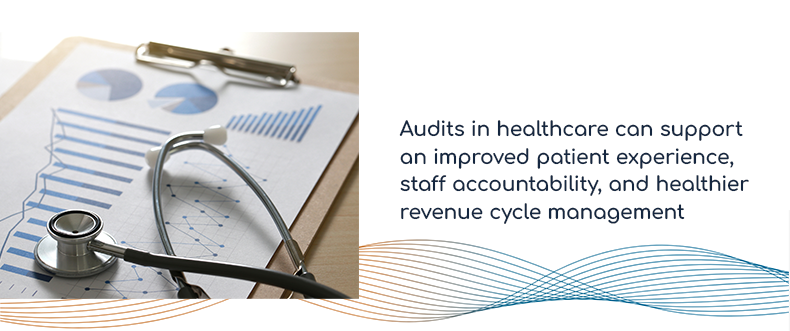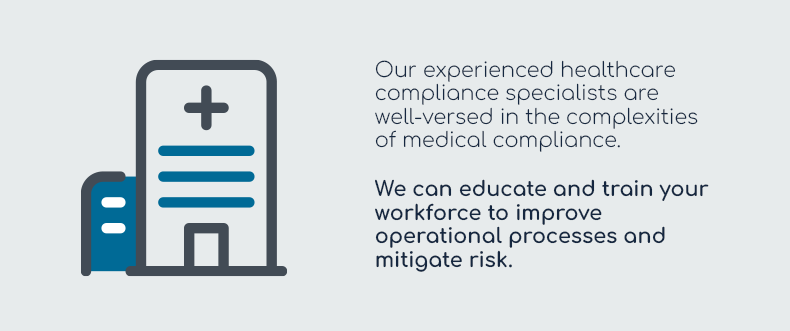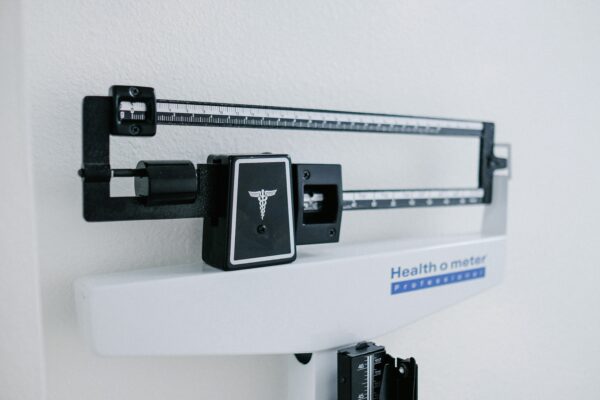Healthcare audits are essential for analyzing operational compliance and adherence to quality standards. Also called clinical or medical audits, these processes generally assess where providers and staff are doing well and where they can improve. Audits in healthcare can support an improved patient experience, staff accountability, and healthier revenue cycle management (RCM).

However, they can also seem daunting due to the risk of exposure to improper billing or inaccurate documentation. These poor compliance practices can lead to revocation of billing privileges, exclusion from participation with payors, allegations of false claims, civil monetary penalties and financial or reputation losses. By understanding the ins and outs of healthcare audits, your organization can stay on track and avoid adverse actions.
Examples of Audits in Healthcare
The process and scope of audits differ based on the type of audit being conducted. Here are the most common types of healthcare audits and what they mean for your organization:
1. Internal Audits
A healthcare internal audit is generally conducted within an organization to evaluate gaps, internal controls, and risks. This process may also be referred to as a healthcare self-audit, but it may be conducted by an outside review company. Internal auditors will detect weaknesses, inefficiencies, and areas for improvement in operational processes and procedures.
Below are examples of internal audits in healthcare:
- Compliance/Legal: A compliance audit refers to an internal evaluation that determines adherence to legal and regulatory standards, such as the Health Insurance Portability and Accountability Act (HIPAA), Anti-kickback, False Claims, Stark, and other Federal laws and guidelines around patient care reimbursement.
- Coding and documentation: These internal audits aim to ensure that healthcare providers maintain accurate and complete medical coding and documentation. Coding and documentation audits may determine whether providers properly document patient encounters, diagnosis and procedure codes, and medical necessity.
- Privacy and security: These audit reviews analyze the privacy and security processes of healthcare organizations to ensure compliance. These processes may include adherence to HIPAA regulations, implementation of security measures, response to security breaches, and management of protected health information (PHI).
2. External Audits
An external audit refers to an independent external evaluation conducted by an auditing firm or individual. Typically, the main purpose of these audits is to assess fraud, abuse, and waste issues through an unbiased and objective investigation. External audit reviews will highlight improper payments, medical necessity, unsupported documentation, and duplicate claims.
Examples of external healthcare audits:
- Commercial payer: Private insurance companies or commercial plays will conduct these audit reviews to analyze claims and billing practices for accuracy. These audits will focus on specific billing codes for adherence to payer regulations and detect fraud or abuse.
- Federal government: An external audit conducted by Federal government agencies, such as the Centers for Medicare and Medicaid Services (CMS), ensures compliance with Medicare and Medicaid. These auditors will analyze claims, billing practices, supporting medical record documentation, and overall adherence to program regulations.
- Third-party: These specialized audit reviews occur when a healthcare organization engages an external or third-party auditing firm to assess and evaluate cybersecurity, operational efficiency, and RCM.
3. Random Audits
Random healthcare audits analyze medical records to determine a healthcare organization’s compliance and liability risk. This type of audit can be performed at any time without focusing on a particular subject. These audit reviews offer a glimpse into a medical facility’s functions. The random approach enables auditors to sample various claims and cases and compare them to appropriate regulations and data. Random audits help healthcare organizations quickly identify whether a deeper audit is necessary to address potential threats.
Proactive and Reactive Audits Explained: What’s the Difference?
Proactive and reactive healthcare audits are two sides of a well-designed compliance structure that focus on how healthcare organizations preemptively comb through potential risks that may lead to adverse events and respond accordingly to minimize such incidents.
A proactive audit is an internal audit that organizations can perform to ensure compliance in a collaborative manner. This approach lets healthcare systems identify potential audit exposure, enabling administrators to proactively address concerns that may lead to an audit in the future.
Healthcare organizations have an obligation to seek out issues in common areas of concern, including:
- Frequently utilized services.
- Medication safety practices.
- Staff training and education.
- Preventative equipment maintenance.
- Services that are challenging to code.
- High-dollar procedures.
- Auditing new and at-risk providers.
Reactive audits refer to how organizations respond when errors or risks are found. The goal of reactive audits is to contain the situation, minimize harm, and ensure compliance with legal and regulatory standards for patient care reimbursement. Such actions could include:
- Cybersecurity response.
- Data breaches.
- Incident investigation.
- Root cause analysis.
- Establishing malpractice insurance.
- Post-incident training and education.
- Creating incident response teams.
Reactive solutions can also help mitigate repercussions and additional financial losses by repaying overpayments.
The Importance of Continuous Monitoring and Improvement in Healthcare
Navigating the process of healthcare audit reviews can be time-consuming and complex. Healthcare facilities that rely on a reactive approach for healthcare risk management may struggle to prevent medical errors and adverse outcomes from occurring down the line. Monitoring your organization’s operations and documentation processes proactively can ensure ongoing compliance with regulations and industry standards.
Continuous monitoring enables providers and staff members to build sustainable compliance and mitigate risks. A culture of compliance along with an effective compliance program will allow your health teams to better improve:
- Patient outcomes.
- Process of care.
- Risk identification.
- Resource allocation.
- Care quality and safety.
- Documentation accuracy.
- Audit attention.
- Audit function.
- Cost-effectiveness.
- Clinical deterioration detection.
- Decision making.

Protect Your Practice With Healthcare Audits From DoctorsManagement, LLC
Healthcare audits are a vital component of effective compliance plans. With ongoing monitoring and auditing, your practice can stay on top of regulation changes. At DoctorsManagement, LLC, we’re committed to helping healthcare systems better understand organizational deficiencies to maintain compliance. Our practice compliance services include risk assessments, coding and auditing, and provider and staff training.
Our experienced healthcare compliance specialists are well-versed in the complexities of medical compliance. We can educate and train your workforce to improve operational processes and mitigate risk. Our team will establish a tailored, long-term compliance plan that adheres to legal and ethical standards. If you’re in need of guidance, we invite you to please schedule a consultation to see how we’ll collaborate with you to build sustainable, optimal business outcomes.

























